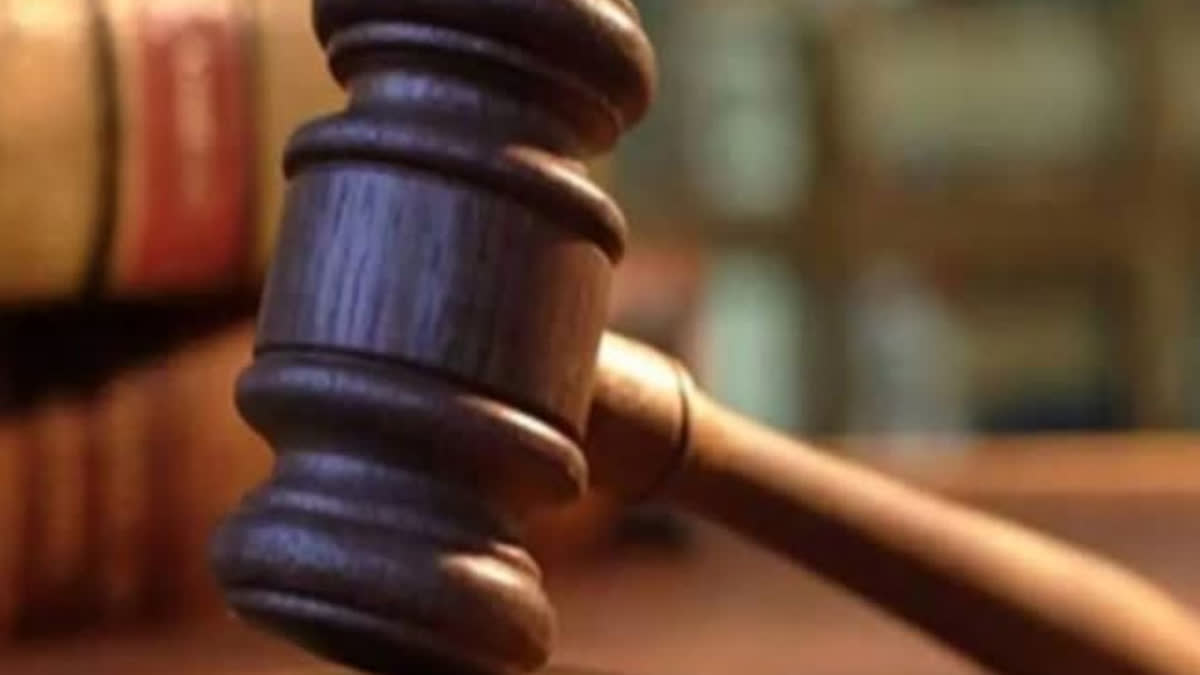New Delhi : The Supreme Court on Thursday will deliver its verdict on pleas challenging the validity of electoral bond scheme as a source of political funding. A five-judge constitution bench of Chief Justice of India (CJI) DY Chandrachud and Justices Sanjiv Khanna, BR Gavai, JB Pardiwala and Manoj Misra had on November 2 last year reserved its judgment after a three-day hearing.
During that hearing, the Supreme Court had observed that the electoral bonds scheme has an advantage of KYC and the scheme has brought one change -- whatever is contributed through electoral bonds in the form of accounted transaction is within the normal banking channels. The Chief Justice had observed that the government being unable to dry up all cash sources of funding of political parties is not an answer or not a ground to challenge the validity of the electoral bonds scheme.
Advocate Prashant Bhushan, in rejoinder submissions, argued the scheme promotes corruption, and it legalizes corruption because it allows any company to anonymously give kickbacks to parties in power. Bhushan said there is considerable evidence to show almost all electoral bonds have gone to the ruling parties, in Centre and states, and 94% electoral bonds purchased are in denomination of Rs1 crore and the rest are in Rs 10 Lakh.
Bhushan said the government says there is a right to privacy and this right does not extend to companies and it is an individual right, and amendments made to the Income Tax Act and the Companies Act anonymises donations from companies to political parties and removes the requirement to whom one has donated and stressed that privacy right cannot be invoked for companies.
Bhushan questioned, can those individuals (who made donations through the scheme) claim a right to privacy which overrides the right to information of citizens? Bhushan stressed that citizens have the right to know who is funding the political party and the government would come to know (who made donation to a political party) if it exerts pressure on State Bank of India.
Making his observations, the Chief Justice referred to a former finance minister’s statement about enhancing transparency to a significant extent. Whatever is contributed through electoral bonds is in the form of accounted transactions within the normal banking channels, the CJI said.
Justice Khanna asked Bhushan, "what exactly is your prayer, you asking for quashing (of the electoral bond scheme) or you want disclosure should be made?”. Bhushan said that is alright, if the anonymity is removed, I have no problem, and stressed “remove the anonymity I have no problem with electoral bonds”.
Solicitor General Tushar Mehta, who represented the Centre, said that the central agencies can only access details of donors based on a court order and that the electoral bonds can be traded as they are valid only for 15 days. Mehta said if there is a genuine public interest in the disclosure, one can go to the court but it should not be used to invade someone’s privacy.
Attorney General R Venkataramani submitted that the scheme treats all contributors equally and that the confidentiality of contributors is important. He emphasized that moving away from black money to a regulated scheme serves the public interest. After hearing submissions for three days the bench reserved the judgment.
- " class="align-text-top noRightClick twitterSection" data="">



